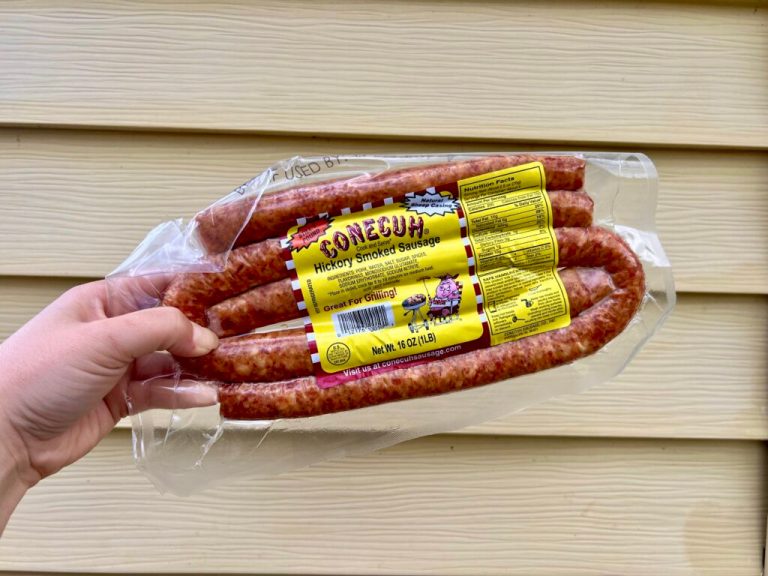Could Mobile port be the answer to California’s colossal shipping issues?
Reading time: 4 minutes

Due to shipping demands in the midst of Covid-19, California ports are packed full of boats filled with packages, causing even longer shipping delays for U.S. consumers. A possible solution to this problem is using Gulf Coast ports including Mobile. Read more to find out how the Port of Mobile could be the answer next time we hit a supply chain block.
What’s Happening?

Thanks to the Covid-19 era holiday buying trends, the two largest Western shipping ports have been backed up for months now. This is causing even more supply chain delays as packages are resting on shipping freights off the coast of L.A. and Long Beach, California. These two ports account for 40% of sea freight imports entering the United States.
Although the situation is deescalating as there are only around 28 ships waiting to dock in comparison with the 86 from a few weeks ago, it bears the question of how to prevent this situation from happening again.
Looking to Gulf Coast Ports

With the huge blockades in California, many people have been looking to Gulf Coast ports to be the solution. Former Alabama House of Representatives member Paul DeMarco said the Port of Mobile can help solve the nation’s supply chain problems. The Port of New Orleans is also throwing its hat into the ring by reaching out to shipping companies at conferences and across social media.
According to Alabama Today, in 2021 there has been a 27 percent increase in volume of containers being shipped through the port in Mobile. Refrigerated cargo products are up even higher than that at 47 percent from the same time last year. This growth has relieved some of the stress on Western ports, but a majority of companies are still opting to wait it out in California.
The Difficulties with Using New Ports
You might be wondering why these companies would take their chances in California rather than re-route to Mobile. The reason— money, of course.
It is actually still cheaper to stick to California even with the wait. This is all due to lack of ground transportation in the South after packages come into port.
“Some of the problems plaguing the West Coast ports, they’re not gonna just go away just because you shift from one area of the country to another.”
Chris Connor, American Association of Port Authorities president
These companies have invested large sums of money in Western-based warehouses, rail lines and other ground infrastructure, which is where a majority of savings come from. Some boats coming from Asia have even sailed past the Gulf Coast to get to New York in order to take advantage of the ground transportation there.
A Plan for the Next Shipping Crisis

Although at this point it is too late for the Gulf Coast ports to make much of a difference in our current crisis, Gulf Coast officials have a plan for next time. As Biden signed into effect the $1 trillion infastructure bill, which is the largest federal investment in American history, Southern officials are vying for funds to upgrade Southern ports.
$17 billion of the money is to be set aside for infrastructure improvements at coastal and inland ports in the U.S. If this money is given to ports like Mobile, it could completely redefine the city as a shipping hub and prevent a similar crisis from happening in the future.
In preparation for growing import needs, the City of Mobile is fast-tracking their $365.7 million expansion project that will deepen and widen the port.
“Taking our channel to 50 feet deep (from its current 45 feet) allows some of the world’s largest ships to enter our port. Larger ships provide capacity and economy of scale for Alabama businesses and drive down costs.”
John C. Driscoll, Alabama State Port Authority
How do you feel about Mobile becoming and alternate import giant? Let us know your thoughts by tagging us @thebamabuzz.



